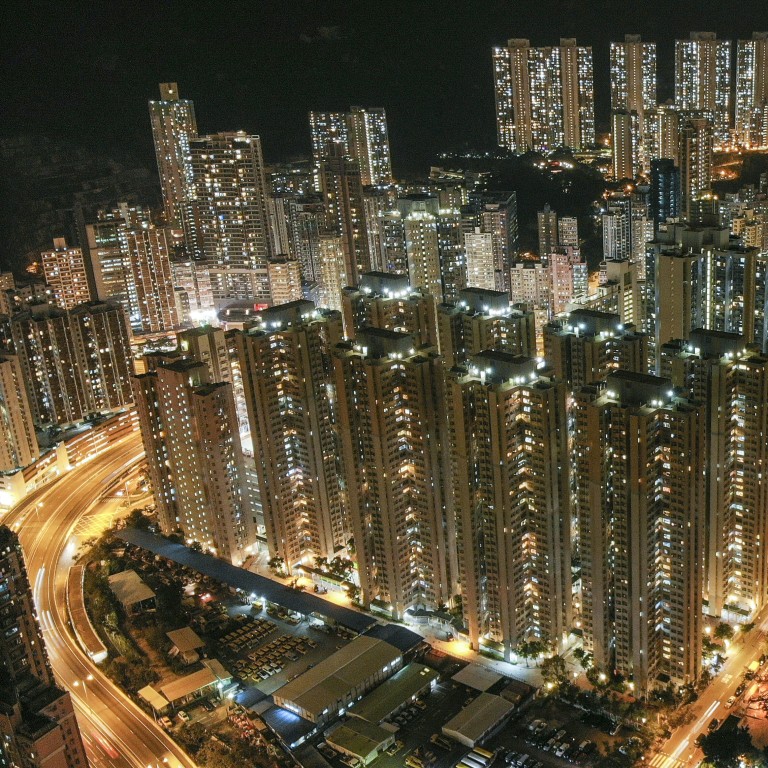
Letters | Hong Kong’s Fanling golf club serves a few, while the majority live in poor housing
- Government acquisition of golf courses for housing or other public needs is not new, Singapore has done it
There has been a lot of debate recently around whether the land currently being used by the golf club in Fanling should be used for housing. However, the arguments have been long on emotion and short on facts. Hence, I’ve tried to compile few facts that should hopefully aid an objective decision on the matter.
It is a common myth that the golf courses are environmentally friendly. On the contrary, golf courses require high consumption of water to remain green, apart from the use of chemical pesticides and fertilisers in its maintenance. Unlike trees and shrubs, turf grasses have very little capacity to store water and withstand periods of drought. In other words, the most essential element of our existence is being wasted by the millions of gallons to keep the fairways nicely groomed.
According to the American National Golf Foundation, about 205 US golf courses closed in 2017, driven by lack of interest among millennials, with the majority of closed golf courses being turned into housing estates, and others into public parks, orchards and vineyards.
Government acquisition of golf courses for housing and other public needs is not new. Singapore’s government last year acquired one of the oldest golf clubs in the city, the Raffles Country Club, even though its lease was expected to expire in 2028, for the development of Malaysia-Singapore high-speed rail link.
Arun Garg, Taikoo Shing

